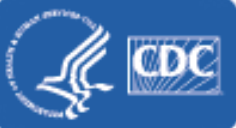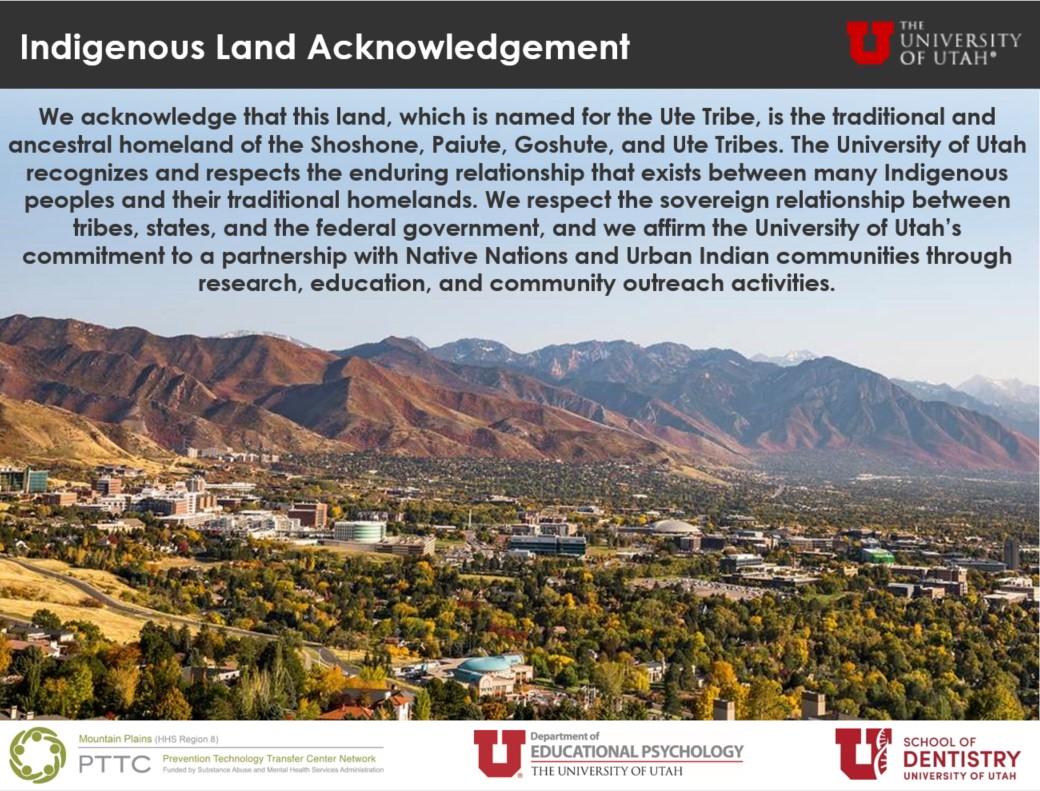Home > American Indian Substance Use/Misuse Prevention Resources
![]()
If you are interested in joining our email list, click here. Add your email then click the "I subscribe to list" button. It will then ask you to verify that you do indeed want to join by clicking the red CONFIRM button.
Substance Abuse Prevention For Montana Tribal Communities: Culturally Informed Programs to Reduce Substance Misuse and Promote Mental Health in American Indian Populations, Montana Department of Public Health and Human Services, 2022.
"It is our hope that tribal nations can use this document to identify and implement culturally relevant programs that will effectively prevention substance abuse and other behavioral health challenges within their communities."
Repository of American Indian/Alaska Native Prevention Programs, (Table). National American Indian and Alaska Native MHTTC, October 2021.
Attached you will find the Native Prevention Repository Table. This table includes the name and descriptions of prevention programs designed specifically to serve AI/NA populations. These Native-specific programs are categorized by populations groups including youth, adults, families, and pregnant women, among others. Prevention categories include substance use, NAS, suicide, violence (including dating and sexual), teen pregnancy, truancy, and a few others. Additionally, there are a subset of prevention programs that, although not designed specifically for Native Americans, have a component available for Native Americans and/or were studied in a Native American population.
Included, also, is in this chart is a rating system (evidence-based, best/promising practice, contains cultural practice implications, etc. Finally, there are links for each program included in the final column of the table.
The Native-specific programs are highlighted in light orange and light blue. The programs which have a component and/or were studied in Native populations are in gray and yellow.
Prevention in our Native American Communities, Trauma-Informed Prevention Strategies, National American Indian & Alaska Native PTTC. Newsletter: Volume 3 Issue 1 Summer 2022.
"Honoring our Sacred Heritage" Post Campaign, (Downloadable Documents). National American Indian & Alaska Native PTTC, August 2021. This series of posters I designed to help you promote awareness of your programs and services in your community! They can be customized by adding your logo, information, and adding a translation of the message in your own language.
Suicide Prevention Month: Facts and Resources on Suicide Among Native People, (Fact Sheet). National American Indian and Alaska Native MHTTC, September 2021.
Slides for Indigenous Resiliency: Indigenous Ways of Knowing for Thriving Prevention Programs, (Slides). National American Indian and Alaska Native MHTTC, October 2021.
Culture Card: Using a Strength-Based Approach to Enhance the Quality of Prevention Programs in Native American Communities, (Downloadable/Printable Document). National American Indian and Alaska Native PTTC, January 2022.
Research at the Speed of Trust: A guide for researchers and Native communities, (Guidebook). National American Indian and Alaska Native PTTC, March 2023.
Prevention in Native American Communities: Vaping" Trends, Harms, and Prevention, (Newsletter). National American Indian & Alaska Native PTTC, 2023.
Alcohol Awareness Month, (Factsheet). National American Indian and Alaska Native TTC, 2023
Social Wellness in Challenging Times, (Factsheet). National American Indian & Alaska Native PTTC, 2022
In this four-part monthly workshop series, we will explore how to build resilience into everyday thinking and actions so that important activities will thrive even after the funding has diminished. We approach resiliency from a broad perspective that recognizes the importance of determining what actions are important to maintain to help the communities thrive and identifying strategic actions. Our framework includes four essential pillars: Internal Support, Resource Development, Partnership Development, and Marketing and Outreach. A strong, evidence-based program is the foundation for these pillars.
January 26, 2022 Workshop 1: Building Your Case for Support - Watch Recording
February 23, 2022 Workshop 2: Identifying and Enhancing Internal Support - Watch Recording
March 23, 2022 Workshop 3: Marketing and Outreach - Watch Recording
April 27, 2022 Workshop 4: Data Collection: Making Progress Within a Challenging Framework - Watch Recording
May 11, 2022 Workshop 5: Indigenous Ways of Knowing for Thriving Prevention Workshop Series - View PPT (recording not available)
Strengthening Resilience Among Indigenous Youth Training, (Booklet). Mountain Plains MHTTC, January 2021.
Healing Our Protectors: Building Resilience Among Tribal Law Enforcement Officers Through Cultural Intervention, (Toolkit). Mountain Plains MHTTC, May 2021
The Roles of Culture and Collaboration in Preventing Suicide and Substance Misuse in Indigenous Communities, (Webinar). Pacific Southwest PTTC, February 2021.
Substance Use Prevention in Native Communities... Initiating and Sustaining Meaningful Connections Across Cultures, (Webinar). Pacific Southwest PTTC, September 2020.
Personal Balance Self-Assessment, (Workbook). Fresno American Indian Health Project, 2014.
We R Native is a multimedia health resource for Native teens and young adults. The service includes an interactive website, a text messaging service, and social media. We R Native address the social, structural, and environmental stressors that influence adolescent health; with particular focus given to the prevention of suicide, bullying, sexually transmitted diseases, teen pregnancy, and drug and alcohol use.
ACKNOWLEDGEMENTS: We R Native is supported, in part, with funds from the Indian Health Service and the Minority AIDS Initiative Fund, and by a GLS suicide prevention grant from the Substance Abuse and Mental Health Services Administration (SAMHSA).
Healthy Native Youth Implementation Toolbox
This toolbox provides tools, templates, and guidance on how to plan, implement, and grow a culturally-relevant adolescent health program with Native Tribes or communities. Resources focus on program preparation and implementation. Click to Learn More
Efficacy and Utilization of Smartphone Applications for Smoking Cessation Among American Indians and Alaska Natives, (Scholarly Journal Article). Oxford Nicotine and Tobacco Research, October 2021
 Tobacco Where You Live: Native Communities
Tobacco Where You Live: Native Communities
CDC/OSH, in partnership with the Center for Public Health Systems Science, published this guide that provides strategies on reducing commercial tobacco control use and disparities among American Indian and Alaska Native populations.
The Native Communities brief focuses on how to reduce commercial tobacco use disparities among American Indian and Alaska Native (AI/AN) populations. This brief provides information to help you:
More Resources to come
Utah
Alcohol Substance Abuse Prevention Program, Ute Indian Tribe.

![]()